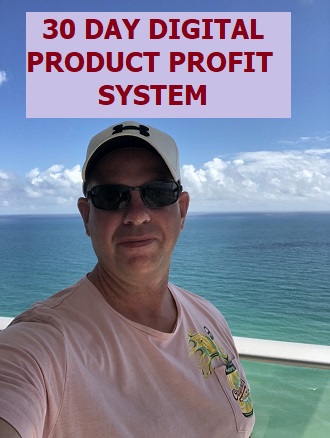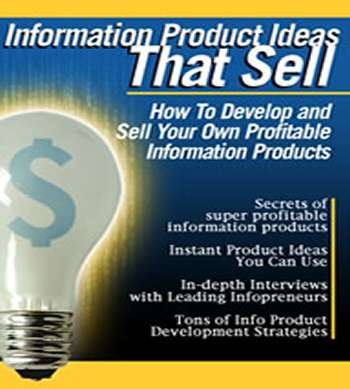 That’s right, I’m going to share some techniques with you that take the pain out of writing non-fiction, but before I do, let me assure you I am not telling you that you can sit down for an hour a few times a week and have yourself a top selling non-fiction book or ebook in 7-days…but what I AM going to share with you are 3 simple, highly effective non-fiction writing techniques that can turn what may have been a 6-month effort into a 30-day effort with virtually no frustration.
That’s right, I’m going to share some techniques with you that take the pain out of writing non-fiction, but before I do, let me assure you I am not telling you that you can sit down for an hour a few times a week and have yourself a top selling non-fiction book or ebook in 7-days…but what I AM going to share with you are 3 simple, highly effective non-fiction writing techniques that can turn what may have been a 6-month effort into a 30-day effort with virtually no frustration.
Imagine that, actually enjoying the process of writing your non-fiction book, manual or home study course? It’s true, no matter how much non-fiction may frustrate you today or how much you may detest the very thought of writing – you can have your own non-fiction product on the market within weeks NOT months.
When we share these techniques with our private members over at InfoMarketer’sZone, they can’t believe how much easier writing their infoproducts becomes AND they see huge results in how they sell once their non-fiction products are released.
I’ve lost count, but the number is surely greater than 40 when I count how many non-fiction books, ebooks, manuals, courses, presentations, audio and video products I’ve produced for other entrepreneurs and my own online businesses.
The first ones went slowly and weren’t all that well constructed…in other words I spent 10X more than I should have spent on non-fiction products that didn’t directly address what my readers wanted in the first place which was…
FULFILLING PASSIONATE, INSANE DESIRES
When we buy non-fiction products (with the exception of biographies), we are typically buying someone’s experience, knowledge and methods we secretly believe can help us achieve a desired goal in our life.
It could be getting a better job, starting a business, making more money, losing 10 lbs, attracting the opposite sex, impressing those around you, lower your golf score, improve your relationship with your kids….
Our decision to buy into this solution is done based almost entirely on emotion – it is just that emotion that we need to target to become expert non-fiction writers AND it is this knowledge of how to target our audience that helps us know exactly how to quickly write our non-fiction book in a tremendously focused way.
Here are 3 of the most powerful non-fiction writing tips we’ve learned from over 10-years of first-hand experience:
1. Have a specific goal in mind that you would like the reader to have achieved by the end of your non-fiction book. Actually write it out, by the end of this book I want my reader to be able to "…." Spend some time studying your marketplace to find out what are the real, underlying desires within your marketplace and pick the one that is the most significant that you can address with your non-fiction writing project.
2. Now break down the major steps you need to build to help your reader achieve ultimate fulfillment of their goal – these steps will become the major chapters organized to bring maximum value to your readers while tightly focusing your research and writing. THis way you can actually outline your chapter purpose well in advance of actually sitting down to write.
3. OK, here’s where things get really powerful and exciting…break each chapter into a series of 10-12 questions your reader would ask on their way to understanding the main objective for that chapter. Where do you get these questions? From your own understanding of the topic, homeschooling discussion forums, blogs on your topic, magazines or newsletters on the topic, etc…
Go back and re-read these 3 simple steps for making non-fiction writing a breeze. Inside InfoMarketer’sZone we work to fine-tune each step and offer advanced techniques for discovering the best topics, positioning your information for maximum profit and marketing your non-fiction product before, during and after you release your project.
Take another look at these steps, do you notice something interesting?
Did you catch it? We are actually working backward to how most people work when they sit down to write a book.
We are actually starting with the end state of the reader in mind – great non-fiction products fulfill desires for their readers, if that is to happen you must begin with the end in mind. You must know what desire you will fulfill working backward to make sure you outline your non-fiction book or ebook according to that end plan.
I guarantee you, using this blueprint to outline your non-fiction writing will reduce your writing time by at least 10X, allow for more effective part-time writing, eliminate writer’s block, make your product much more effective and successful and you will substitute enjoyment for frustration making you even more motivated to keep writing.
Let us know how this system works for you.


